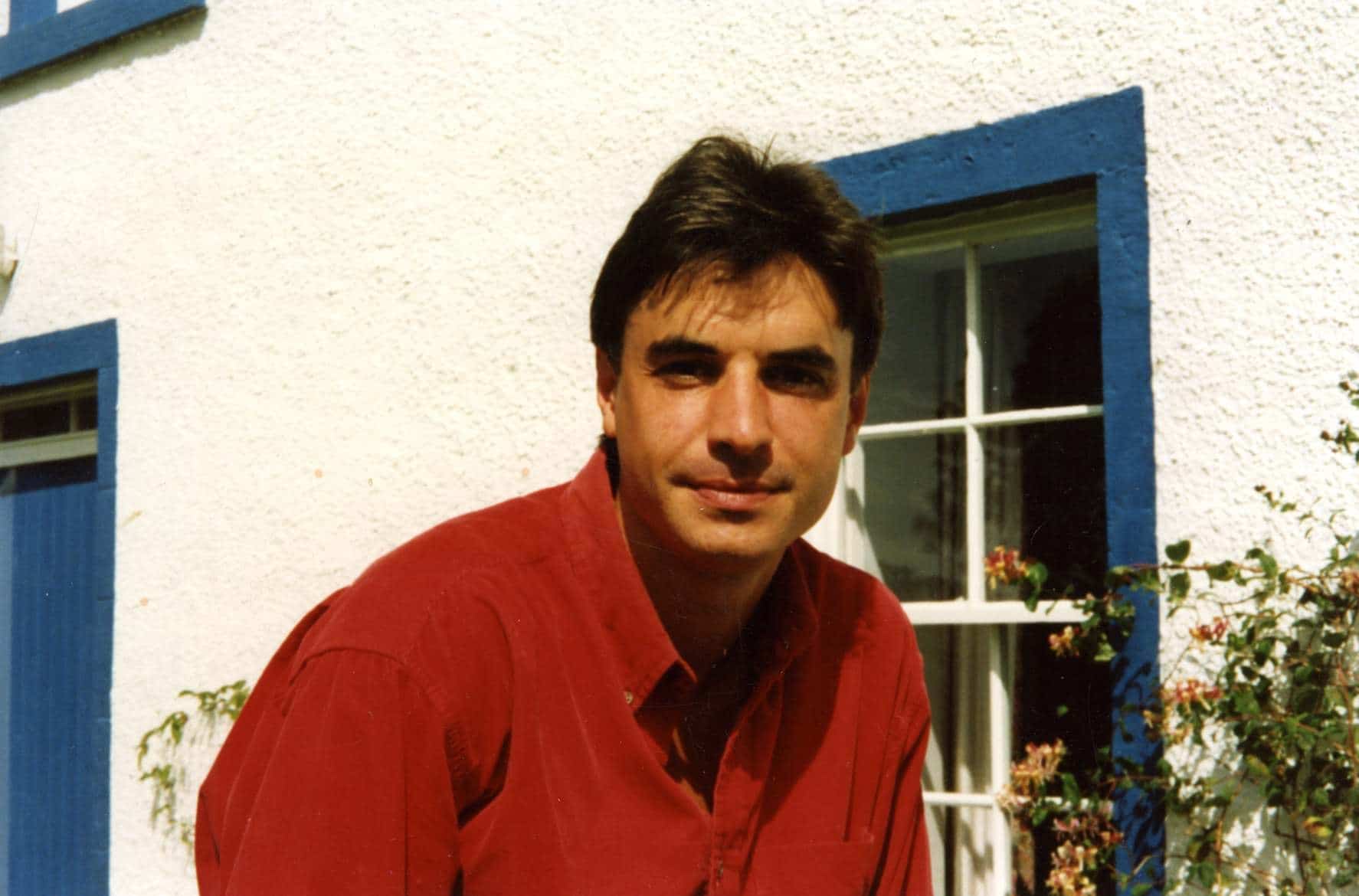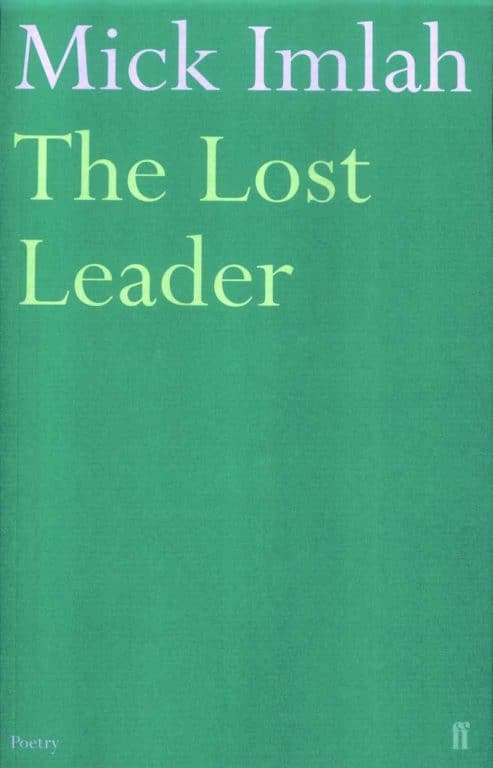
Mick Imlah was born in 1956 and brought up near Glasgow and in Kent. He was editor of the Poetry Review from 1983 to 1986, and had worked at the Times Literary Supplement since 1992. He edited The New Penguin Book of Scottish Verse (with Robert Crawford, 2000) and made selections of the poems of Tennyson and Edwin Muir for Faber and Faber. The Lost Leader is Mick Imlah’s first collection of poetry in 20 years. It won the 2008 Forward Prize and was shortlisted for the 2008 T. S. Eliot Prize. In the autumn of 2007, Mick Imlah was given a diagnosis of motor neurone disease (also known as ALS/Lou Gehrig’s disease) and died on January 12, 2009. He is survived by his partner, Maren Meinhardt, and their two daughters.

Judges’ Citation
Mick Imlah’s masterful The Lost Leader is populated by voices and revenants that point to or joke with or slip in bits of the ballads, songs, and legends of Scotland that his elder Edwin Muir said ‘no poet in Scotland now can take as his inspiration’.
Selected poems
by Mick Imlah
…
My right hand is Nessie’s head,
her neck my dripping arm. How old
is the dinosaur? Forty
or fifty million years.
Can the dinosaur sing? No,
too old; but likes to be soothed
by others singing.
I open her thumb-
and-finger beak
at least to let her speak
in her quavery Triassic,
‘Take me to your leader!’
—to which you instantly,
I haven’t got any leader.
…
What, meanwhile, are my own terms?
Darling—’little’—Mädchen—the same
Suspicious argot I used to spy on.
…
Strange, that we dwell so much
sometimes, on self and such,
that we can spend an age without
a clear view out:
when, if I asked the mirror once
in the way of an old queen,
to frame how things might look
twenty or thirty visits thence,
all it reflected back was white
and unrefracted light, the mean
prophetics of a closed book.
…
Copyright © Mick Imlah, 2008